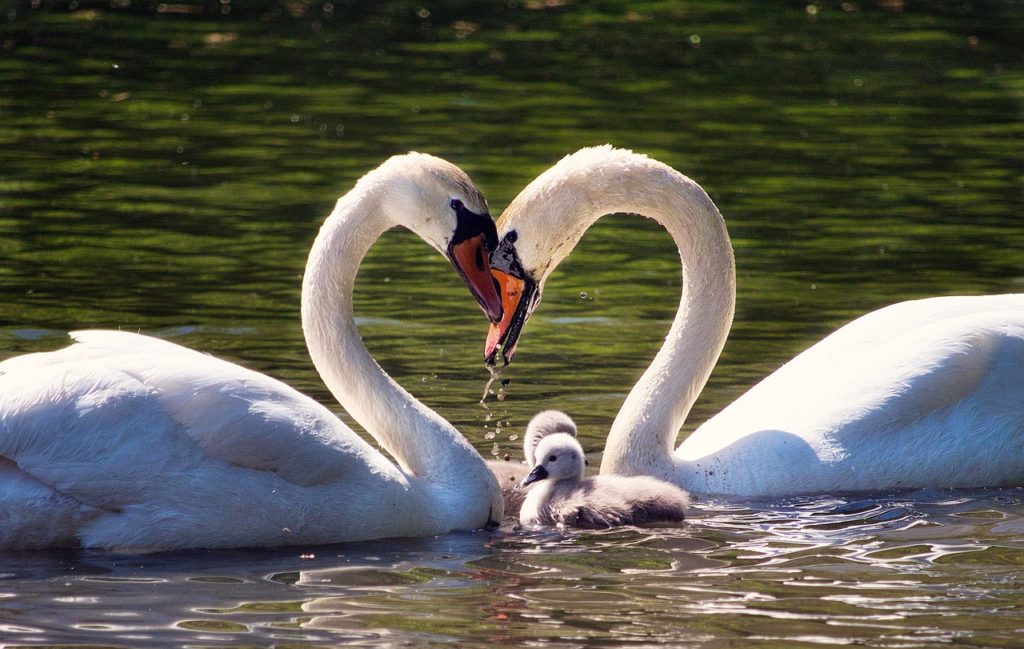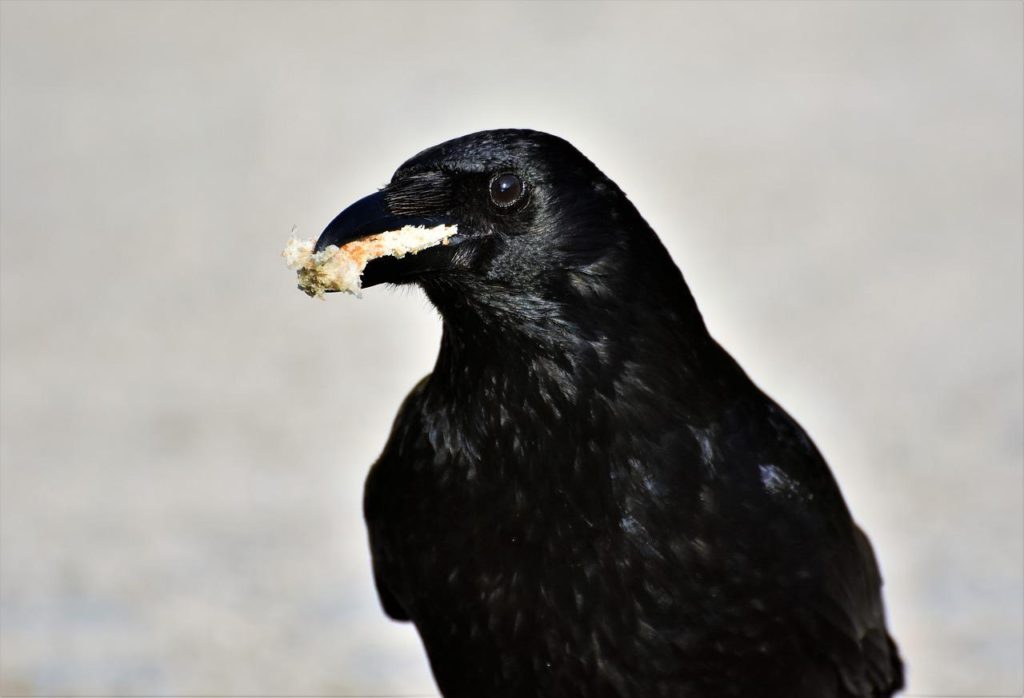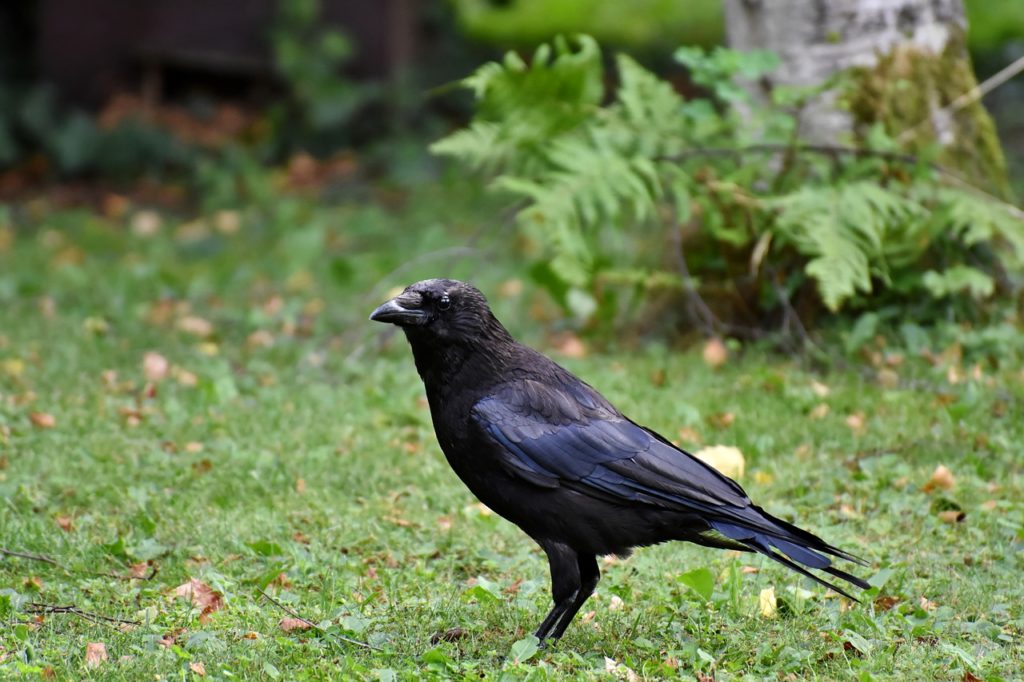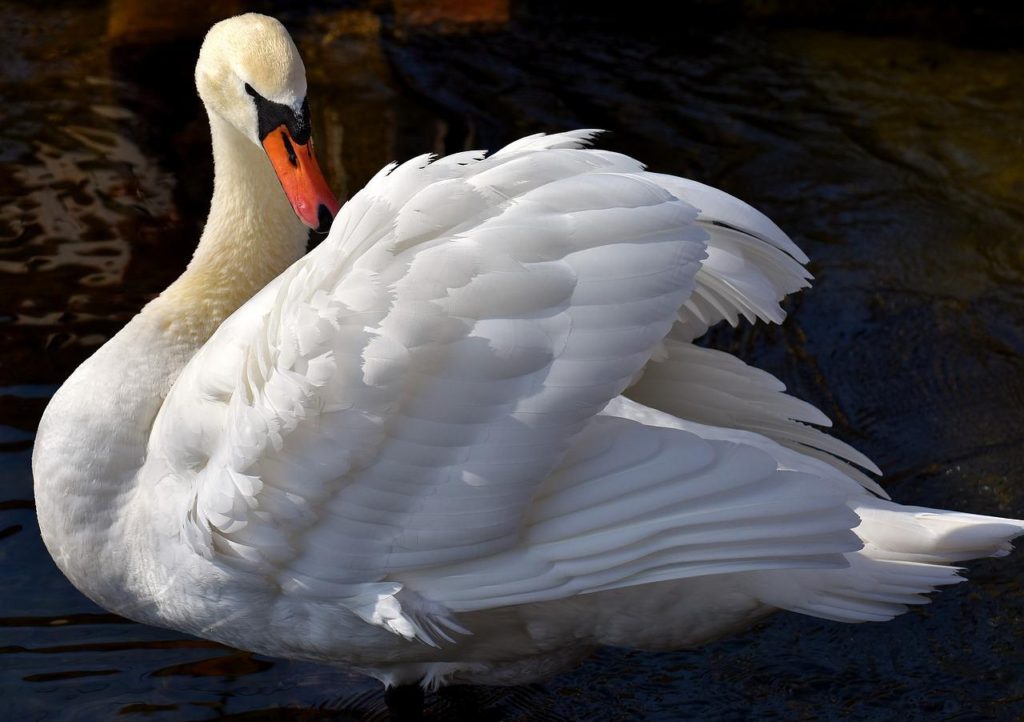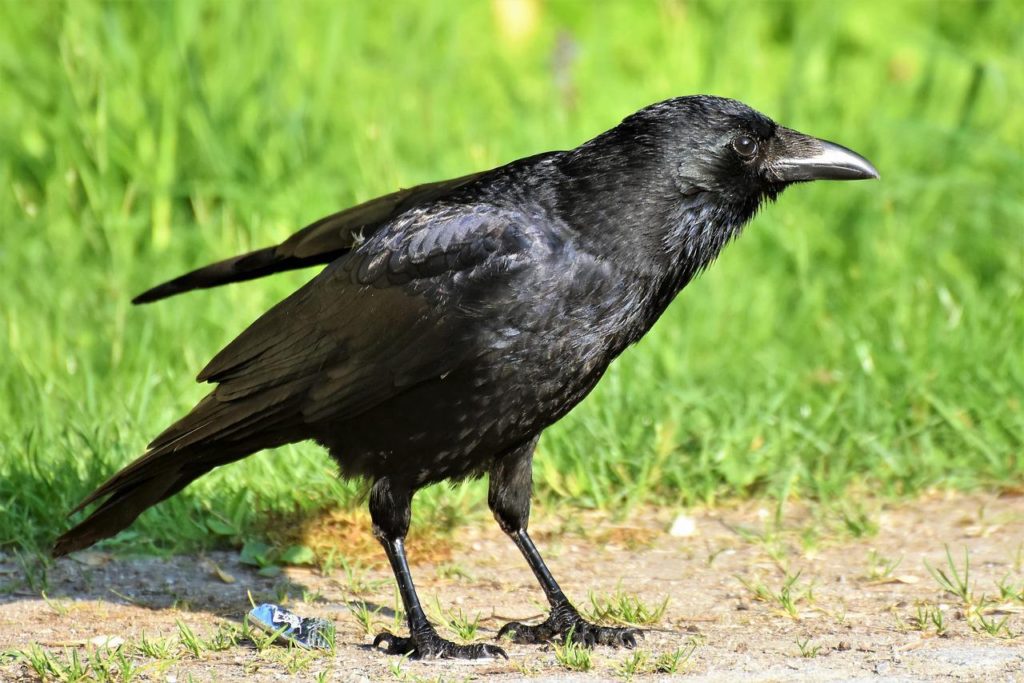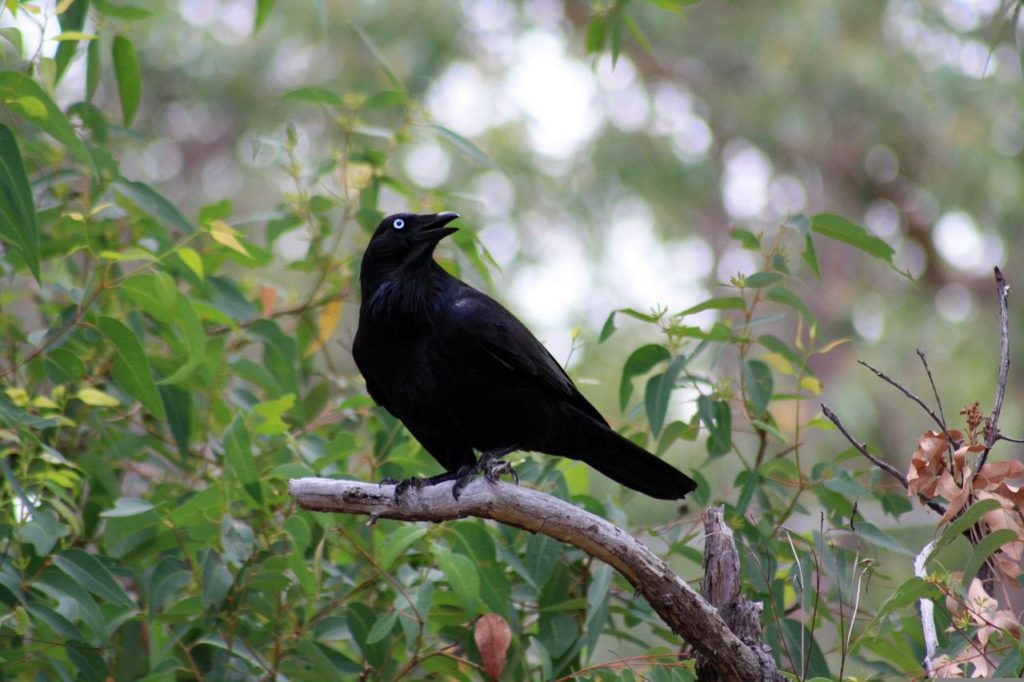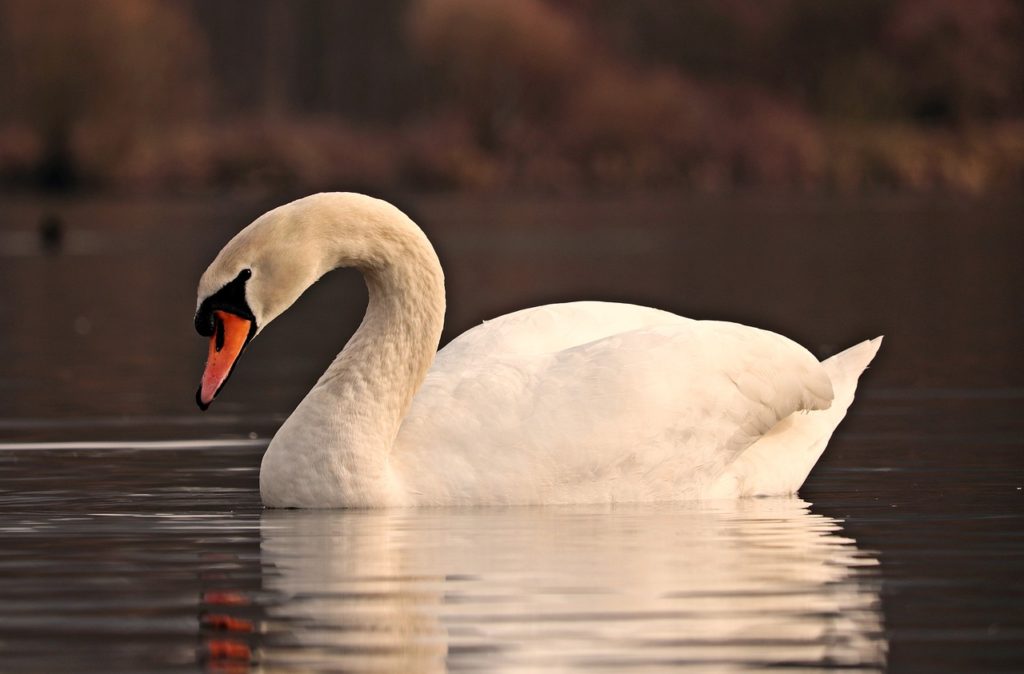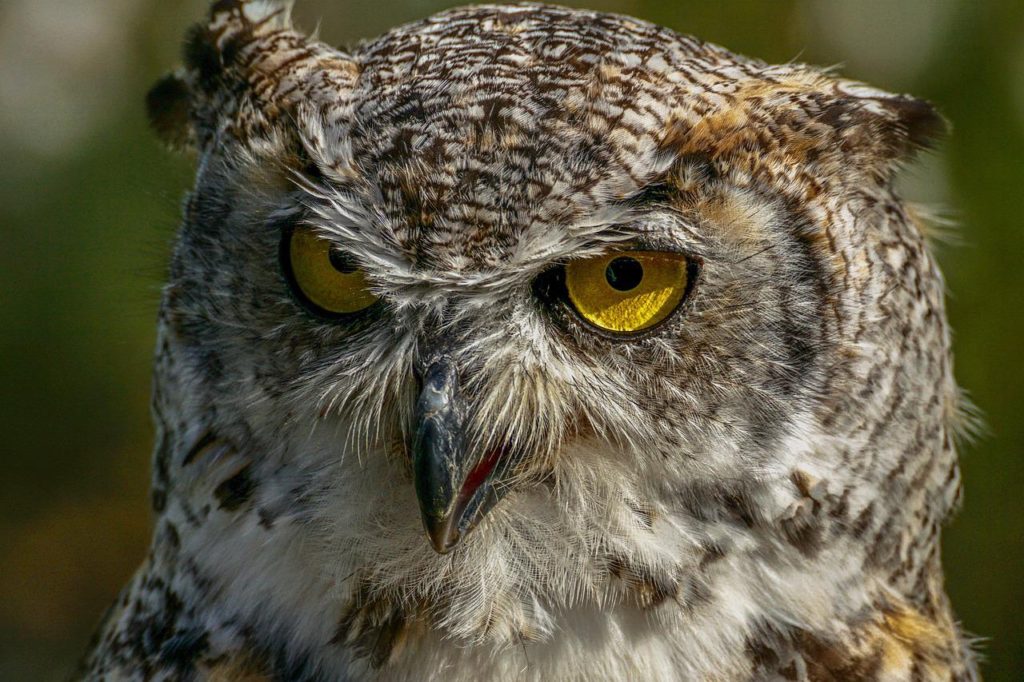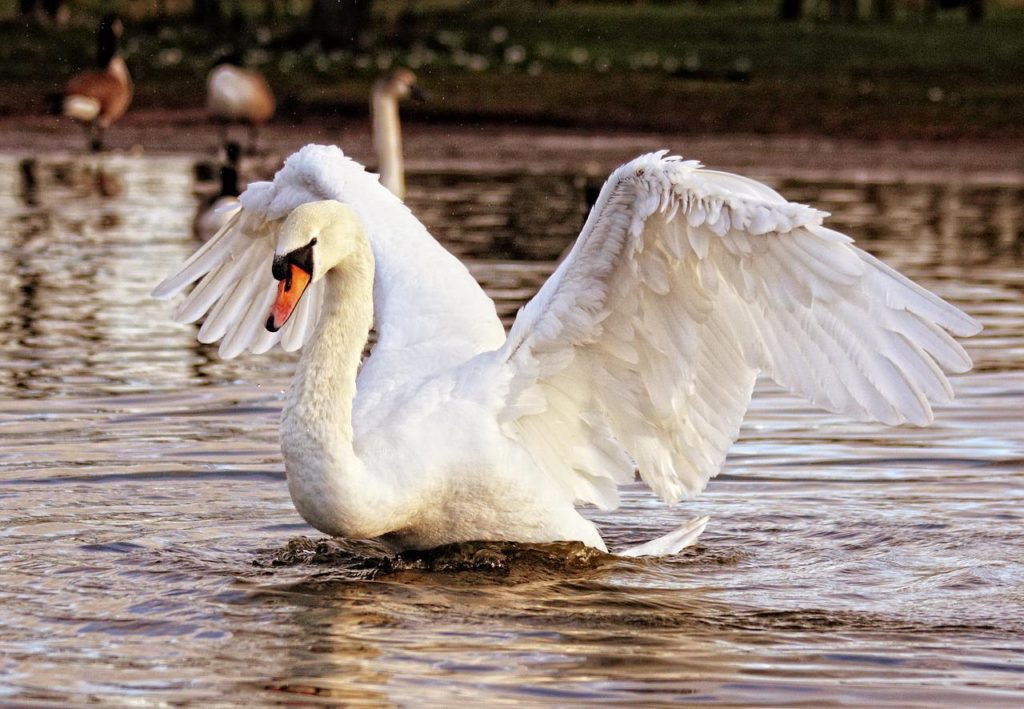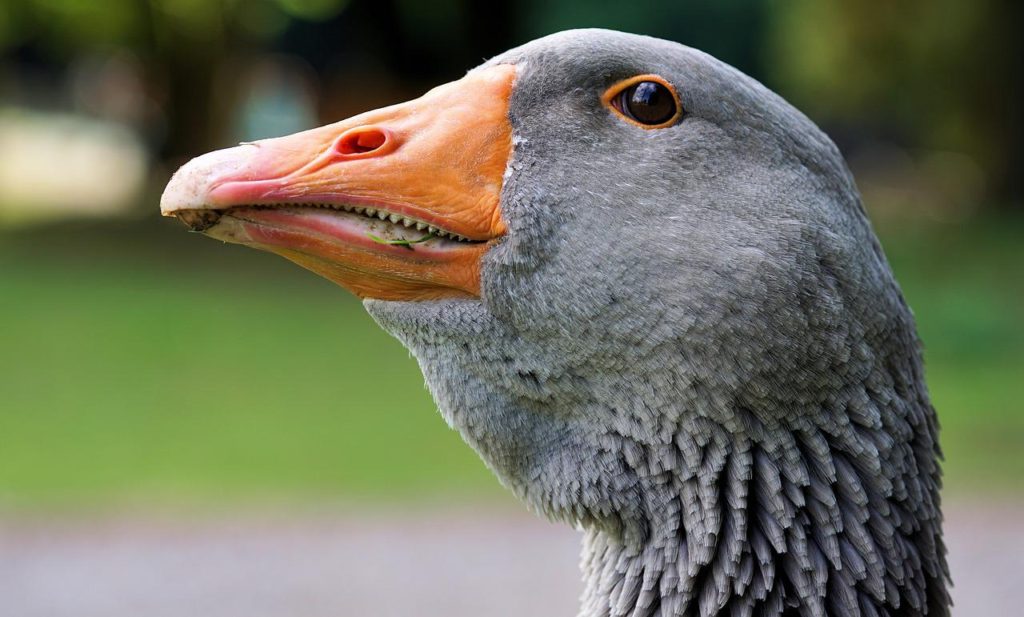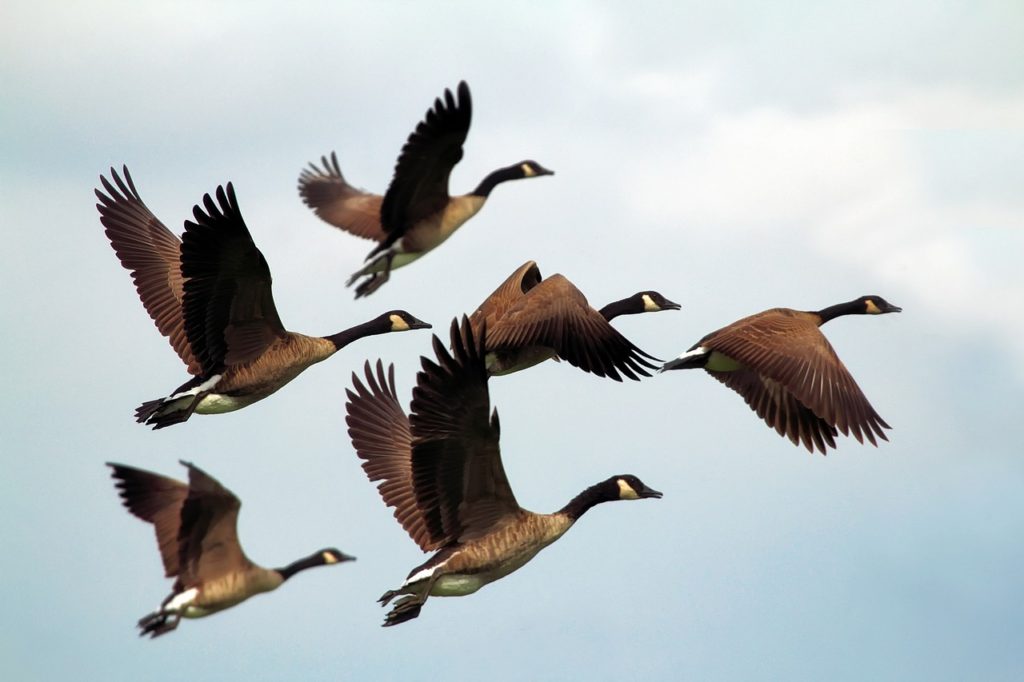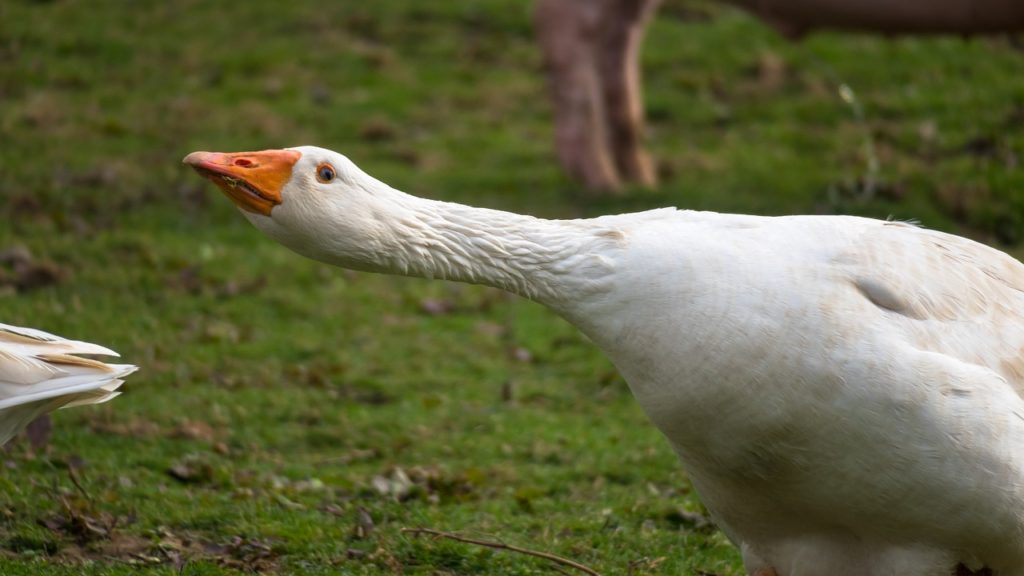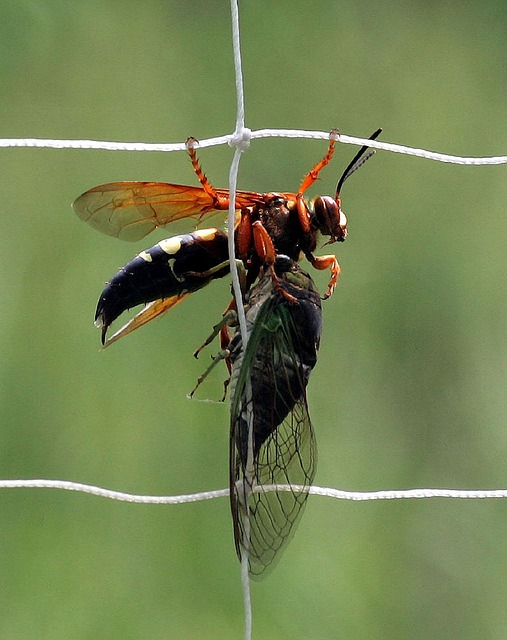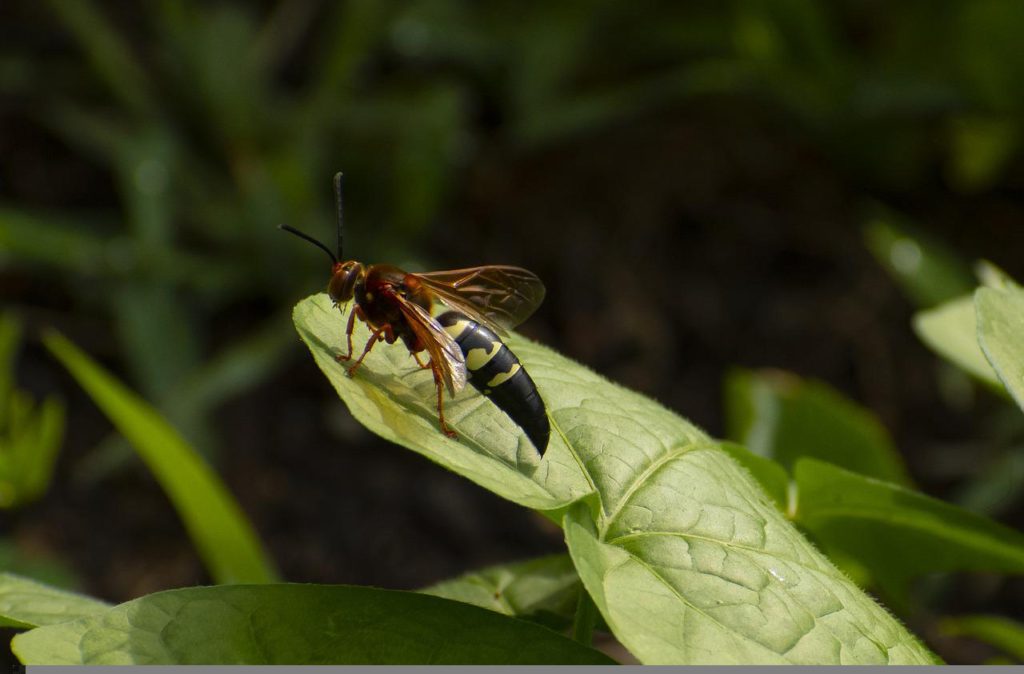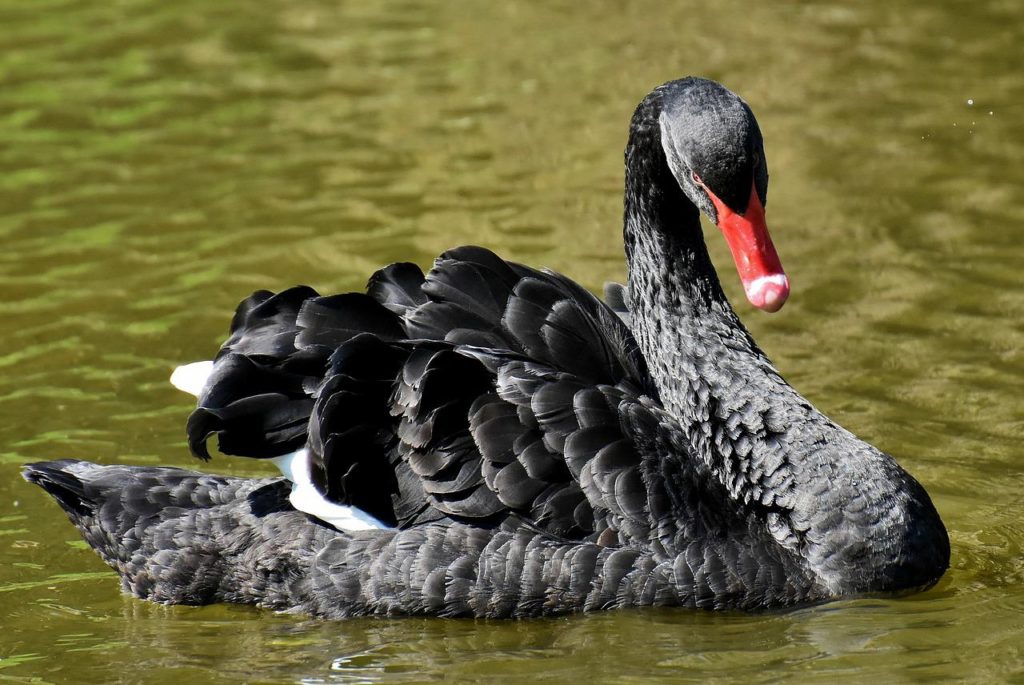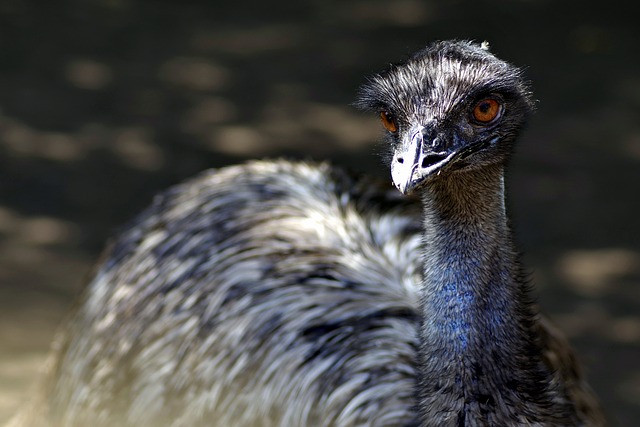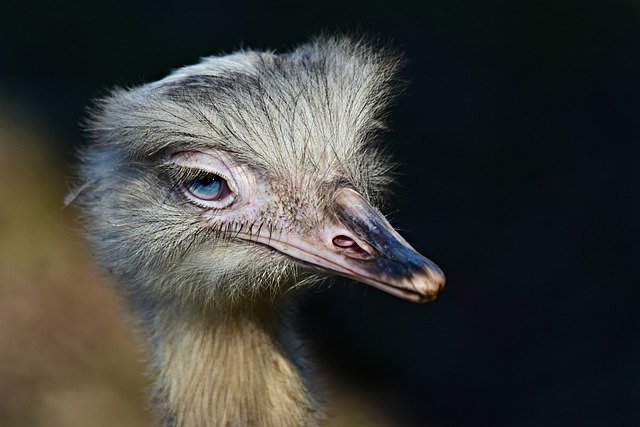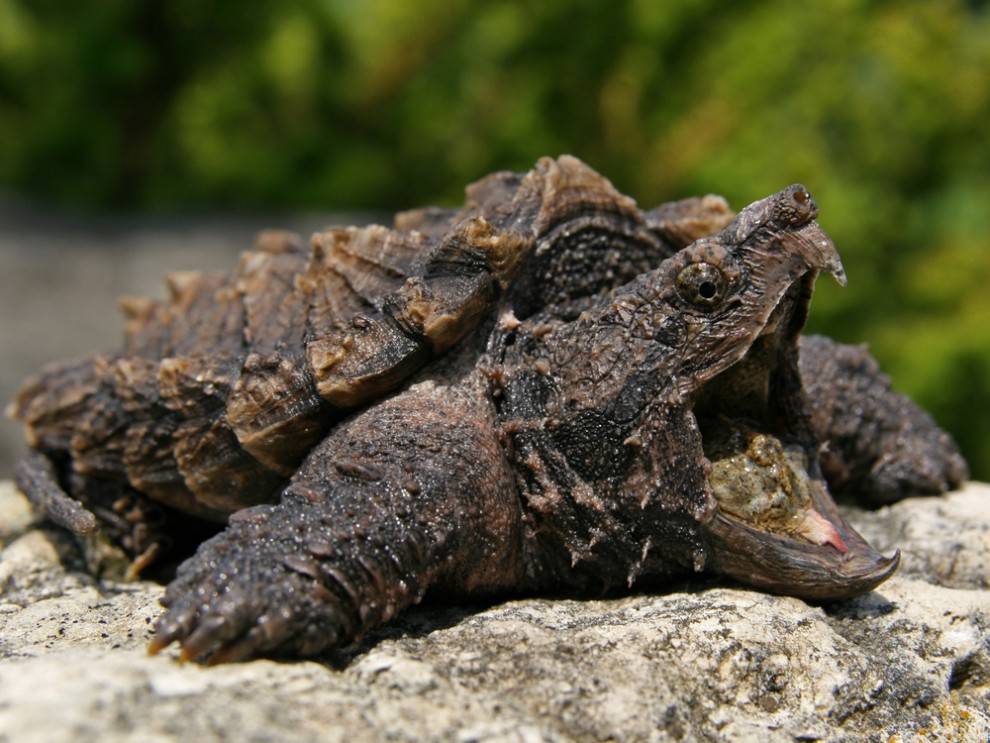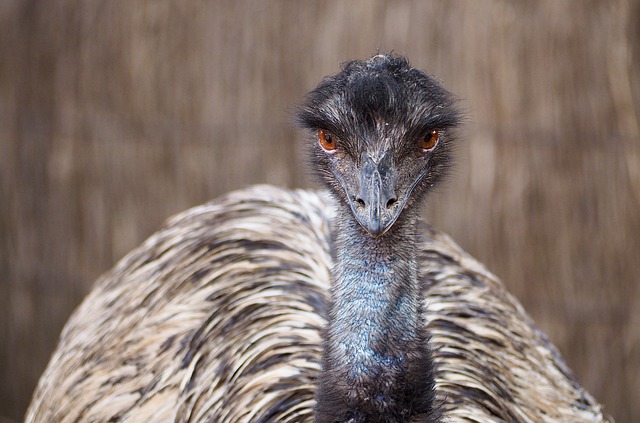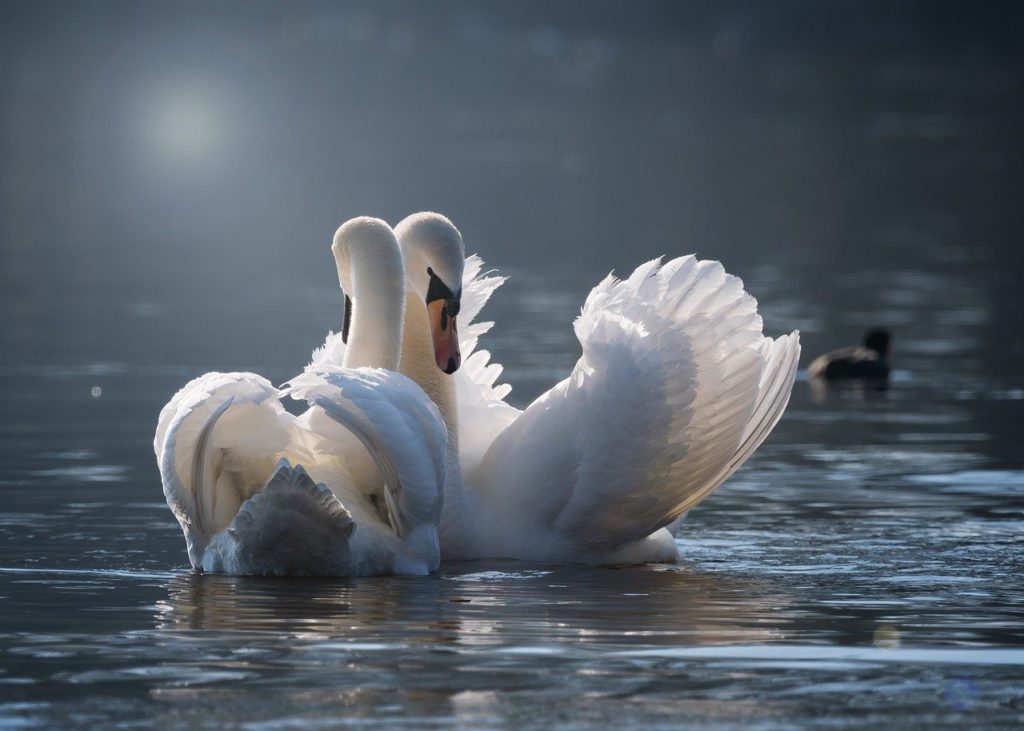
Swans are famously elegant waterbirds that are known for their sizable bodies, webbed feet, and lengthy necks. People often associate them with romantic imagery and monogamy. Do swans mate for life? You can find the response to that common and rather fascinating question right now.
How Do Swans Find a Mate?
Immature swans live within flocks. This changes when they’re roughly four years in age. That’s when they’re classified as adults and therefore able to start their mate searches in earnest. They typically try to find mates from their existing flocks. Swans generally find mates in the winter months. Although juvenile swans typically commence their mate searches at four years in age or so, there are definite exceptions.
It isn’t unheard of for swans to pair up when they’re just two years old. Note, though, that that doesn’t describe the swan majority. Swans are like many other creatures in that they rely on mating rituals to find their partners. Other bird species have mating rituals that they complete within mere seconds. Swans, however, are a whole other ballgame. Two swans may start out right next to one another.
They may drop their wings tightly against their bodies. The pair may immerse their heads under the surfaces of the water. They may pop up again and then use their beaks to straighten their feathers out. Swans tend to do this over and over again. They progressively do this more rapidly with the passing of time.
Swan pairs then begin to match their activities up. They push their breasts into one another. They elevate and drop their necks repeatedly. They start looking at each other with purpose, too. This in many situations can continue for as long as 20 full minutes. If you see swan necks begin to “twist” together, they’re most likely on the verge of beginning the actual act of mating.
When Do Swans Mate?
Mature swans start mating when they’re anywhere between four and seven years in age. Mating typically occurs on an annual basis. It starts in March and then ends a couple of months later in May. Swans generally start nest construction in March or April.
Do Swans Mate for Life?
It’s true that swans establish monogamous pairs that remain strong for years on end. Some swan pairs remain together for their entire lives. That doesn’t mean, however, that separations aren’t possible. It doesn’t mean that “cheating” isn’t possible, either. What makes some swan pairs split up? They sometimes switch up their partners after they experience unproductive breeding seasons. They sometimes switch up their partners after their nests just do not thrive, too.
Why Do Swans Mate for Life?
Female swans often flourish in the company of males. Males may make them behave much more assertively. If a male swan is close, a mama may not have as many reservations about feeding her little ones. She may be able to relax knowing that he’ll be able to defend her and the youngsters. This practicality may contribute to lengthy and often permanent swan pairings.
It can be quite complex for swans to rear their young as well. This is another factor that may contribute to their lengthy romances. Swan parents have to take care of a lot. They can get a lot more done any time they work in teams. They construct nests together. They manage incubation. They take care of brooding.
They put a lot of energy and effort into safeguarding their offspring from all kinds of danger sources. Teaching youngsters the ins and outs of procuring food alone can be extremely time-consuming. Swans seem to grasp the fact that working together can boost productivity in a big way.
What Happens When a Swan Loses Its Mate?
Death is another meaningful topic for people who are curious about swan mate facts. What exactly happens when swan mates pass away? Swan “widows” and “widowers” generally search for mate replacements in the event of death.
Females generally do a lot better in their searches. Females often enter new flocks with the goal of pairing up with different mates. Males, on the other hand, stay in their older territories. They aim to draw in traveling females.
Start Shopping for Birding Supplies!
What Do Crows Eat?
With roughly 40 different species, crows are a common sight in most places around the world. And while most of us are familiar with their appearance and harsh vocalizations, their diet is not as obvious. So what do crows eat? Here's what you'll want to know. What Do...
What Are Crows Good For?
Crows are widely considered to be pests. However, these large and highly intelligent black birds actually serve quite a few important functions in the environment. So what are crows good for? Here's what you'll want to know. Pest And Parasite Management Crows are...
How Long Do Swans Live?
Swans are graceful and beautiful creatures and as such, people have many questions about them. They want to know about their mating rituals, their diet, their preferred habitats, and even their lifespans. How long do swans live for anyway? Swan lifespans actually vary...
Are Crows Good Pets?
People all around the world see and hear crows on a daily basis. Although these intelligent and dark birds are practically ubiquitous, most people don't think of them as being household pets. Are crows good pets? The general consensus is that crows do not make...
Are There Crows In Australia?
Crows are remarkably smart birds that also happen to be extremely adaptable. They navigate unfamiliar circumstances via observation and interaction. Crows reside in locations all over the globe. While they do not live in certain parts of South America, they do reside...
What Do Swans Eat?
Swans are famously long-necked birds that are symbols of romance, love, beauty, and purity. Since these waterbirds have so many admirers, people often wonder about their eating habits, behaviors, and more. What do swans eat, anyway? Swan Basics Swans typically live in...
Birds That Look Like Owls
Owls are typically solitary and mainly nocturnal birds. And although these well-known hooting creatures have a rather distinctive physical appearance, there are actually various other kinds of birds that resemble owls closely. And people sometimes mix them up. So...
Why Are Swans Protected?
Swans are graceful and gorgeous creatures. They also happen to have protection in the United Kingdom, interestingly enough. Why are swans protected there, anyway? And does the Queen own all the swans? Yes, she actually owns any mute swans that are unclaimed in both...
Birds With Teeth
Birds do not have teeth. However, there are quite a few that really look like they do! These birds have evolved special beaks which help them to perform important functions. So here are some of the most amazing birds with “teeth,” and what you’ll want to know about...
Do Geese Fly?
Although geese are clearly birds, there are many individuals who do not necessarily associate them with flying. So, do geese fly? The honest answer is that these waterfowl do. They do not exactly slouch in the flying department, either. Many people are pleasantly...
Are Geese Dangerous?
Geese, in brief, are waterbirds that are quite substantial in size. Since they're often spotted on golf courses, at schools, and in community parks, people understandably tend to wonder whether they're safety threats. Are geese dangerous? Why Geese Attack...
When Do Cicada Killers Come Out?
Whether you dread them each year or are waiting for them to emerge and control the cicada population you may be wondering, “When do cicada killers come out? The answer is they come out each summer in late June or July. Here’s what you’ll want to know. Cicada Killer...
Are Cicada Killers Dangerous?
One look at one of these huge wasps buzzing around, your yard, and it’s only natural to ask, “Are cicada killers dangerous?” Fortunately, these wasps are mild-mannered. But here’s what you’ll want to know. Cicada Killer Wasps Basics Cicada killers emerge from the...
What Are Black Swans?
What are black swans? Black swans (Cygnus atratus) are sizable waterbirds. This species primarily appears in Australia's southwestern and southeastern portions. The black swan is nomadic in its homeland. This bird, true to its name, is mostly black. Although the bird...
What Do Cicada Killers Eat When There Are No Cicadas?
What do cicada killers eat when there are no cicadas? Well, while cicada killer wasps do hunt cicadas, the adults don’t actually eat them or kill them, their young do. Read on to learn more! The Cicada Killer Diet While you may have seen cicada killer wasps flying...
Do Cicada Killer Wasps Sting?
As one of the biggest species of wasp in North America the cicada killer wasp can be intimidating. And because of their size, appearance, and scary-sounding name, many people wonder, “Do cicada killer wasps sting? The answer is yes and no, and here’s what you’ll want...
Emu Facts
Did you know? One emu egg can make an omelet that can feed up to six adults. Did you know that the emu is the only bird with calf muscles? Can an emu walk backward? Let us find out by exploring some of the most jaw-dropping emu facts. Emus Have Amazingly Powerful Legs...
Rhea Facts
Doting dads, did you know the male rhea builds the nest, incubates the eggs, and takes care of the young? The rheas are paragons of parental care. It’s a bird like no other, and you will be surprised by the following rhea facts. Rheas Are One Of The Best Dads In The...
Alligator Snapping Turtle Facts
Flightless Australian Birds
There are over sixty species of flightless birds in the world. These birds have lost their capability to fly through evolution, and several of them live in the “land Down Under.” So here’s a list of all the flightless Australian birds. Emu The emu is a large...
